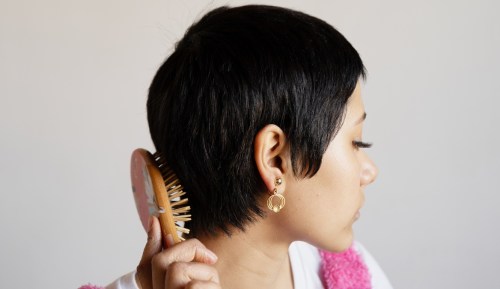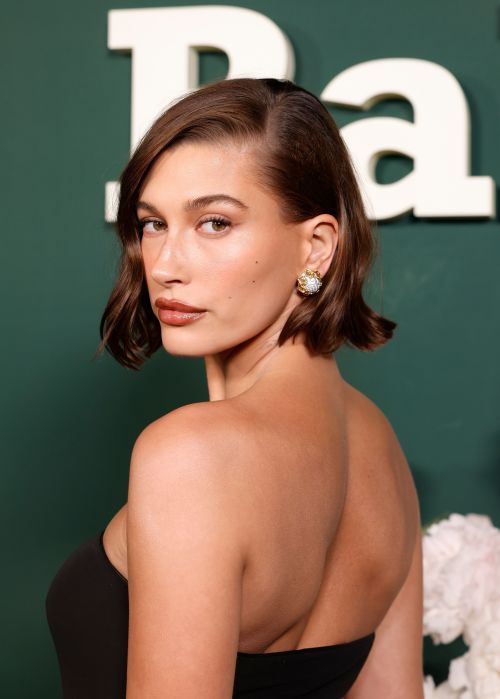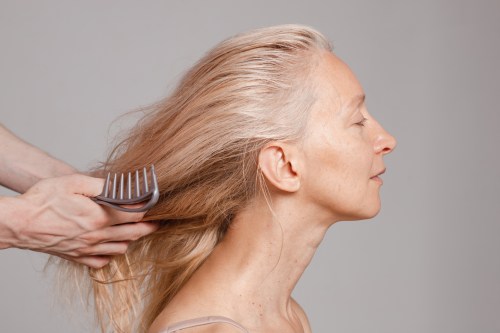Racism often hides in plain sight in the form of microaggressions that have a major impact on Black people’s mental and physical health. One such example has taken hold in hair salons throughout the country: In many states, cosmetology schools don’t teach their students how to cut, color, and style every hair type.
Danielle Green, founder of Radically Curly salon in Henderson, Nevada, is on a mission to make it so that anyone with any hair can walk out of a hair appointment feeling truly happy with their fresh cut. “The beauty industry has failed our community of stylists,” writes Green in the petition she created to make beauty school more inclusive. “Historically, cosmetology schools have been segregated. Causing a gap in education which has led us to division in our industry over texture versus race.”
Cosmetology schools also have no teaching standards nation-wide. Instead, each state has their own individual board that sets forth rules for what qualifications can earn you a license within their state lines. The result, according to Green, is that all too often stylists end up getting certified in their state without having ever received the necessary training to care for a head of Black hair.
According to a blog post on The PuffCuff, founded by Ceata Lash, only 19 states ask for specific training for natural hair. Others also don’t require their students to learn techniques such as braiding, twisting, and locking. The result is that white people can feel comfortable walking into any salon, while people of color, Black people, and those who are mixed-raced have to worry about whether or not they’ll receive the services their paying for when they walk inside.
In her blog post, Lash asks a few questions anyone complicit in this system (all white people) should take consider:”Is the current cosmetology curriculum teaching students that straight hair is better than textured hair? Is it fair that stylists have to pay out-of-pocket for classes that teach them how to style and care for curly hair? Are the current regulations in states like California discriminatory towards people with natural hairstyles since no training is needed to become a natural hair professional?”
Of course, the answer is no. All these microaggressions add up to a hair care system that really only caters to one hair type, and Lash and Green are calling for a new way forward. “My goal is to unite the industry, our schools, manufactures, and distributors to provide more textured and curly hair education with diversity, inclusion and representation as a confident resource of knowledge, skill and technique,” says Green. Clearly, she’s in good company: The petition has already received over 65,000 signatures—and will likely hit its goal of 75,000 by the end of today.
Sign Up for Our Daily Newsletter
Get all the latest in wellness, trends, food, fitness, beauty, and more delivered right to your inbox.
Got it, you've been added to our email list.











